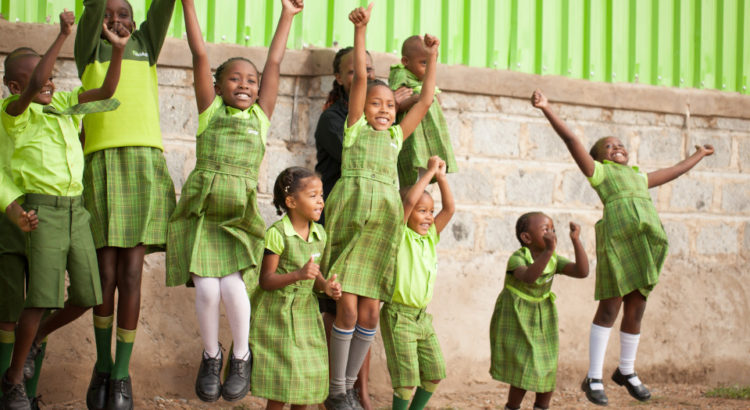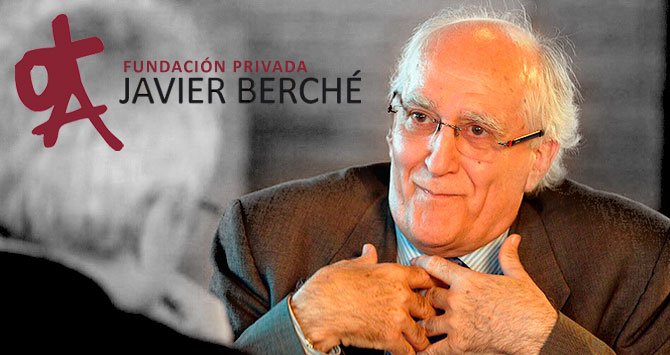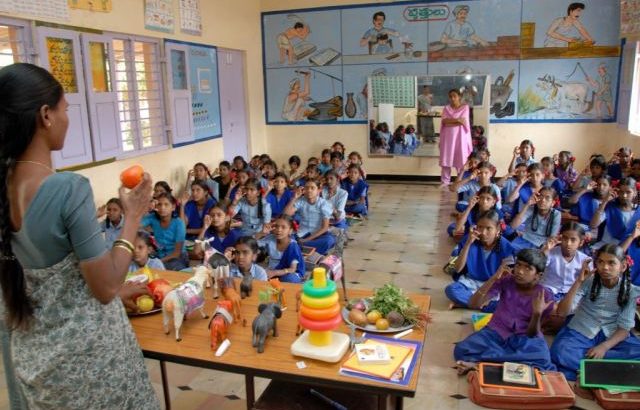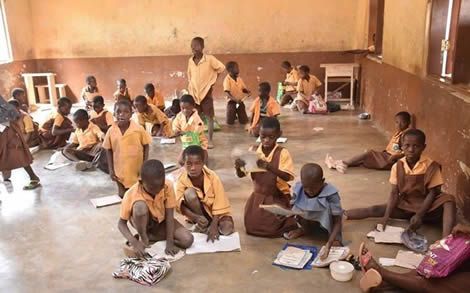África/Tanzania/14 Agosto 2016/Fuente y Autor: Dailynews
Resumen: El Gobierno anunció que tomará una nueva medida en las escuelas que engañan a los números de matrícula escolar para comprobar los costes adicionales derivados de la financiación de los alumnos fantasmas. El presidente John Magufuli dijo que existe un número de escuelas que registra de manera fraudulenta los alumnos para obtener la parte de los subsidios de educación del gobierno. Como resultado, el gobierno ha estado pagando enormes cantidades en la esperanza de que todo el dinero se canaliza para beneficiar a los alumnos y estudiantes, mientras que sucede lo contrario.
The government announced yesterday it will take a fresh look at schools that cheat on pupil enrolment numbers to check extra costs arising from financing phantom pupils.
President John Magufuli said here yesterday a number of schools were fraudulently registering pupils to get a lion’s share of the government’s freeeducation subsidies. As a result, the government has been paying out huge amounts in the hope that all the money is channeled to benefit pupils and students while the opposite is true.
«I am aware of the funds allocated to schools with regard to the number of pupils or students. But some teachers are doubling the number from 400,000 to 500,000 and pocket the 100,000 difference,» he noted.
Already, Tanzania has been a victim of ghost workers, with the government having paid over 7.5 billion/- wage bills to non-existing civil servants. Alarmed with the new trend, the president directed all leaders — from the national to grassroots levels — to followup expenditure trends for the amounts commissioned for free education.
He warned teachers attempting to deceitfully register huge number of students more than the actual figures in the hope of pocketing the excess amounts, saying their time is ticking.
«The government will take stern action against all teachers who would be proved to have had a hand in such malpractice,» Dr Magufuli, himself a career teacher cautioned.
The scam came to light during the president’s official tour of the region where among other things, he learnt about fake registers that included multiple entries for individual pupils and students who never attended lessons or did not even exist.
While in Katoro and Buseresere, President Magufuli said all leaders –from the regional to village level — should undertake unscheduled visits to scrutinise and find out the actual number of students and pupils in schools.
«Every leader should ensure he/she has the number of students in all the schools in his/her territory,» he said. The president seized the opportunity to explain the Fifth Phase Government’s plans and priorities seeking to build a new Tanzania.
Dr Magufuli, however, questioned the authenticity of hiring private agencies to collect council revenues on their behalf, saying the latter had been using such loopholes to generate more funds for themselves than they submit to authorities.
Fuente de la noticia: http://www.dailynews.co.tz/index.php/home-news/52275-schools-that-cheat-on-pupil-rolls-face-music
Fuente de la imagen: http://www.dailynews.co.tz/images/pupill.jpg














 Users Today : 10
Users Today : 10 Total Users : 35460027
Total Users : 35460027 Views Today : 18
Views Today : 18 Total views : 3418649
Total views : 3418649